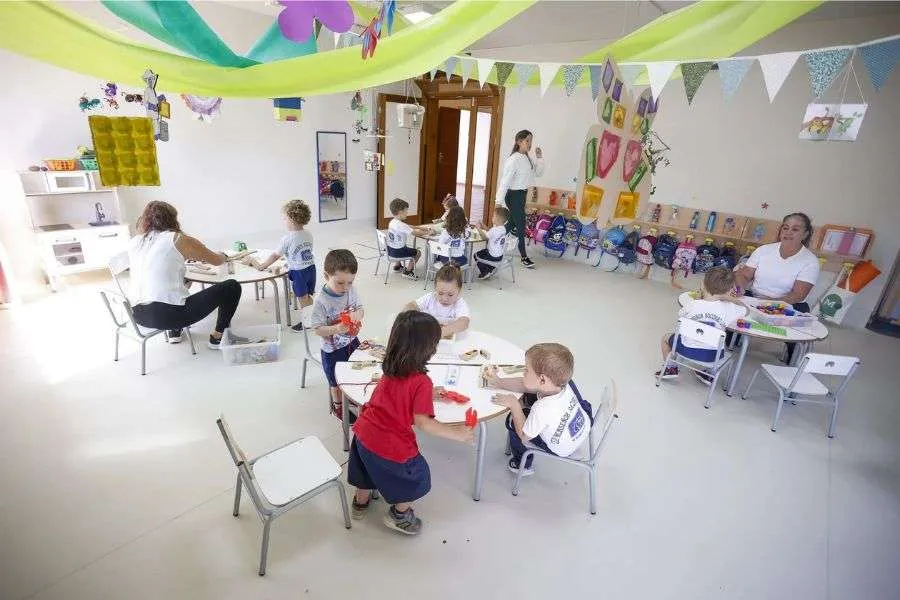Public nurseries in Gran Canaria refuse places to three young deaf children
- 28-08-2025
- Gran Canaria
- Canarian Weekly
- Photo Credit: C7
Three children with hearing impairments have been refused places at public nursery schools in Las Palmas de Gran Canaria, despite having been listed as admitted in the final enrolment lists. The local education service argued that the centres “do not have the necessary resources or specialised staff to ensure the well-being of the children in their specific situation.”
The families affected have been left with no choice but to enrol their children in private schools while they appeal the decision.
Parents Ismael Gil Santos and Evelyn Arencibia Fuentes, whose two sons are aged one and two, say they will now face a bill of €760 per month for a private nursery, compared with no cost at all in the municipal schools. “It’s too big a difference,” Gil Santos explained, adding that they had been accepted initially but later informed their enrolments were blocked after a review.
Another couple, Juan Castro and Marta Ortega, are in a similar position after their deaf son was also refused a place. In their case, they cannot afford private fees, which they fear will leave their child without the socialisation opportunities vital at this early stage.
Concerns over resources
In a written statement, the heads of the Municipal Nursery Schools and the Education Service said that forcing enrolment “without the proper support could affect the development and well-being of the children, rather than help them.” They recommended seeking alternatives that could provide personalised and adapted attention, based on a technical report prepared by the education provider.
However, the families argue that nursery schools are not legally required to provide sign language interpreters or speech therapists for children under three, and say that their children are fully capable of integrating. One director of a private centre where one of the boys studied last year stated in a letter that the child was “fully integrated,” and that his deafness “has not been a barrier.”
Implants and hearing aids
One of the children has a cochlear implant, which helps him to hear, but his application was still rejected because he does not yet speak. Another is awaiting surgery for an implant, and the third is due to receive a hearing aid. Parents believe these factors could influence the outcome of their appeals.
“I am deaf myself and use a cochlear implant,” said Gil Santos. “This situation makes no sense to me.”
Discrimination concerns
Marcos Lechet, an activist from the deaf community, described the case as part of a broader pattern of discrimination. “This shows a lack of awareness in society and in public administrations, which don’t invest enough in training or resources. To turn away a child for this reason shows no understanding of how implants work or what deaf children need,” he said.
He added that the issue reflects deeper inequalities, from access to leisure and basic services to job opportunities. “Many times, deaf people are not hired because employers don’t know how to adapt a workplace, or think it’s too much trouble,” he explained.
The appeals lodged by the families are now being reviewed, but until then, the start of the new school year will come with added costs and uncertainty.
Other articles that may interest you...
Trending
Most Read Articles
Featured Videos
TributoFest: Michael Buble promo 14.02.2026
- 30-01-2026
TEAs 2025 Highlights
- 17-11-2025


























































